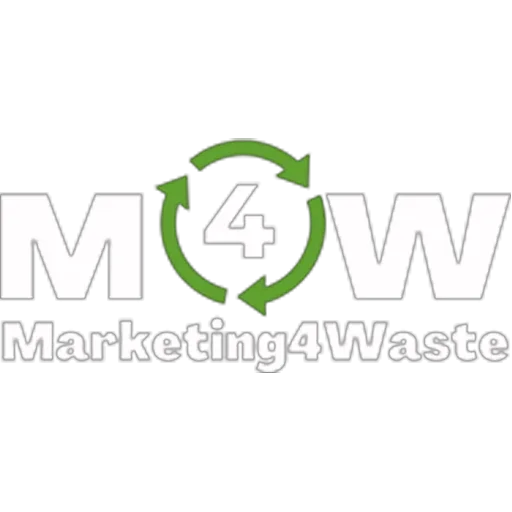Increase the Revenues of Your Waste Company With the Tips Shared in Our Blog Articles

Partnerships: A Powerful Business Tool or a Hell for Your Waste Management Business?
As a waste management company owner, you're always on the lookout for ways to grow your business and stay competitive in the industry.
One strategy that can make a significant impact is forming partnerships. However, just like any business decision, partnerships come with their own set of pros and cons. In this article, we'll explore the incredible potential of partnerships and how to navigate them successfully.
The Power of Shared Values
At the core of any successful partnership lies a foundation of shared values. Before even considering a collaboration between companies, it's essential to ensure that the people involved are on the same page. When values align, the partnership has a much higher chance of thriving and amplifying the results for both parties.
Trust: The Cornerstone of Partnerships
Entering a partnership is akin to getting married. Just as you wouldn't marry someone you can't trust, you shouldn't enter a business partnership without a solid foundation of trust. Take the time to carefully consider potential partners and assess whether they are reliable, transparent, and committed to the same goals as you are.
Amplifying Your Waste Management Services
Partnerships can serve as a powerful engine for your waste management company, allowing you to expand your services and reach. By collaborating with connected services like recycling facilities, junk removal companies, treatment plants, and segregation services, you can offer your clients a more comprehensive and efficient waste management solution.
Creating Value Around Waste
The most successful partnerships are those that create value around the waste you collect. By building a profitable partnership, you can boost your results and make a positive impact on the environment. To lay the groundwork for a valuable collaboration, consider the following steps:
1. Analyze your waste streams: Take a close look at the types of waste your company handles and identify any areas that may not be currently profitable.
2. Evaluate your treatment processes: Assess the processes you have in place for treating each waste stream and identify any gaps or inefficiencies.
3. Identify alternative solutions: If certain waste streams are not profitable, research alternative solutions available through nearby companies.
4. Visit potential partners: Schedule visits to the plants of potential partners to explore opportunities for collaboration.
5. Focus on shared values: When defining the collaboration, start by ensuring that the values of the people involved are aligned.
6. Clarify every step: To avoid misunderstandings and ensure a smooth partnership, be sure to clarify every aspect of the collaboration in detail.
In conclusion, partnerships can be an incredible tool for growing your waste management business, but they must be approached with care and consideration.
By focusing on shared values, building trust, and creating value around waste, you can form partnerships that will take your company to new heights.
Remember, just like a marriage, a successful partnership requires open communication, mutual respect, and a commitment to working together towards a common goal.
To your best
Sam
The Waste Management Whisperer


© 2025 Marketing4waste - All Rights Reserved,
Marketing4Waste is a brand of MiM MarketingInterimManagers LLC
+1 801 804 5730

